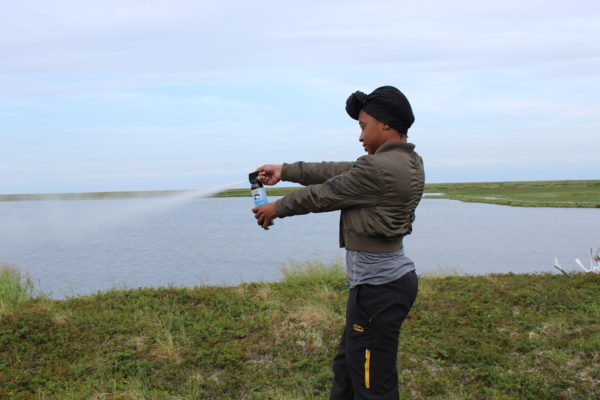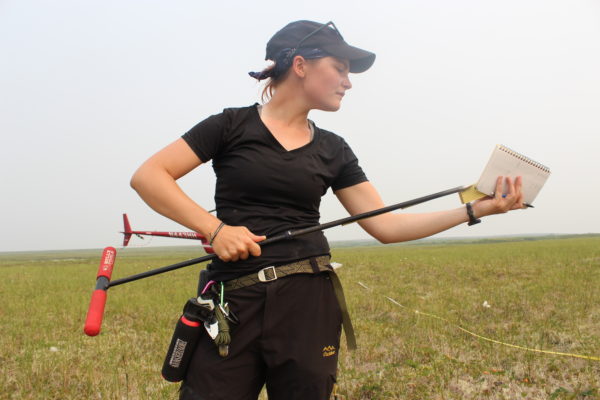Betting on future climate has become a phenomenon on lately. See here and here, and here. (Those are all blogs I like by the way). In a related vein, there is also a pool for bets on what the minimum arctic sea ice extent will be in 2008. See here. Some foolish members of the Polaris Project decided to roll up to the betting table as well.
(Click on the thumbnail for a better view)
So far Max and Karen are predicting further decline. I’m predicting a rebound and others fall in between. Each of us has reasons with various levels of sophistication for making those predictions. Karen thinks that the way things are shaping up this year and the age of the ice, indicate a new record minimum in September. I think that last year’s minimum was extreme and although we might have tipped to a new state it’s too early to say for sure. I based my guess on statistical modeling of trends (using an AR2 model) and the cool state of Pacific.
Like many things in the climate system, gauging sea ice changes is complicated. It involves understanding ocean and atmospheric temperatures and circulation and the way ice accumulates and ablates. This is physics that is pretty tough in and of itself. But sea ice involves a classic feedback to the climate system through changing albedo.
The ice-albedo feedback is an easy concept to understand and easy to describe qualitatively but a quantitative understanding is far more difficult. Here is the qualitative story: the snow-covered sea ice reflects most of the incoming sunlight. Albedo (Latin for white) is just a fancy term for how bright things are. Once the climate warms the ice melts which lowers the albedo, resulting in more absorbed energy from the sun, increasing melting, and further lowers the albedo. Taking this qualitative story and turning it into numbers that can predict sea ice extent is where it gets tricky and this is why cryospheric scientists and climate modelers get out of bed in the morning.
What’s the bottom line in summer 2008 sea ice? What will happen? We’ll have to wait and see.




